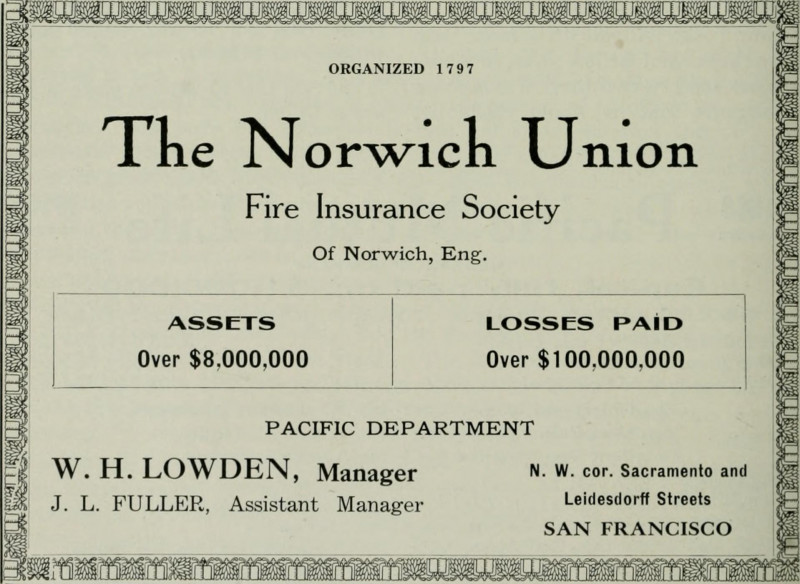A bill of rights is a list enshrining the most crucial rights of a nation's citizens. Its primary aim is to safeguard these rights from encroachment by both government entities and individuals. The Bill of Rights typically includes fundamental freedoms such as freedom of speech, religion, the press, the right to bear arms, protection against unreasonable searches and seizures, and the right to due process and a fair trial. It also addresses issues like quartering soldiers and other potential government overreaches. The Bill of Rights is designed to ensure individual liberties are protected and to limit the power of the government.
1973: Human Rights Bill Introduced in Australia
In 1973, Federal Attorney-General Lionel Murphy introduced a human rights Bill into the Australian parliament, but it was never passed.
1984: Drafting of a Bill of Rights in Australia
In 1984, Senator Gareth Evans drafted a Bill of Rights in Australia; however, it was never introduced into parliament.
1985: Bill of Rights Introduced by Lionel Bowen
In 1985, Senator Lionel Bowen introduced a bill of rights in Australia, which was passed by the House of Representatives, but it failed to pass the Senate.
1998: Human Rights Act
In 1998, the Human Rights Act incorporated the rights contained in the European Convention on Human Rights into UK law.
Mentioned in this timeline
Australia officially the Commonwealth of Australia encompasses the Australian mainland...
Trending

2 hours ago Zurich Insurance to Acquire Beazley in a Landmark $11 Billion Deal

42 minutes ago Chwali?ska and Kawa Shine in Antalya: Polish Tennis Players Achieve Notable Wins

42 minutes ago Cazzie David discusses her new book 'Delusions' and the writing process.

5 hours ago Warriors face play-in, Curry's injury raises concerns, Kerr lowers expectations, Moody's role?

3 hours ago Michael Jordan's NASCAR impact: Antitrust lawsuit, 23XI Racing, and historic career.

5 hours ago Stephen A. Smith criticizes Draymond Green's comments on Nico Harrison as unfair.
Popular

Jesse Jackson is an American civil rights activist politician and...

Hillary Diane Rodham Clinton is a prominent American politician lawyer...

Jim Carrey is a Canadian-American actor and comedian celebrated for...

XXXTentacion born Jahseh Dwayne Ricardo Onfroy was a controversial yet...

Michael Joseph Jackson the King of Pop was a highly...

Kashyap Pramod Patel is an American lawyer who became the...